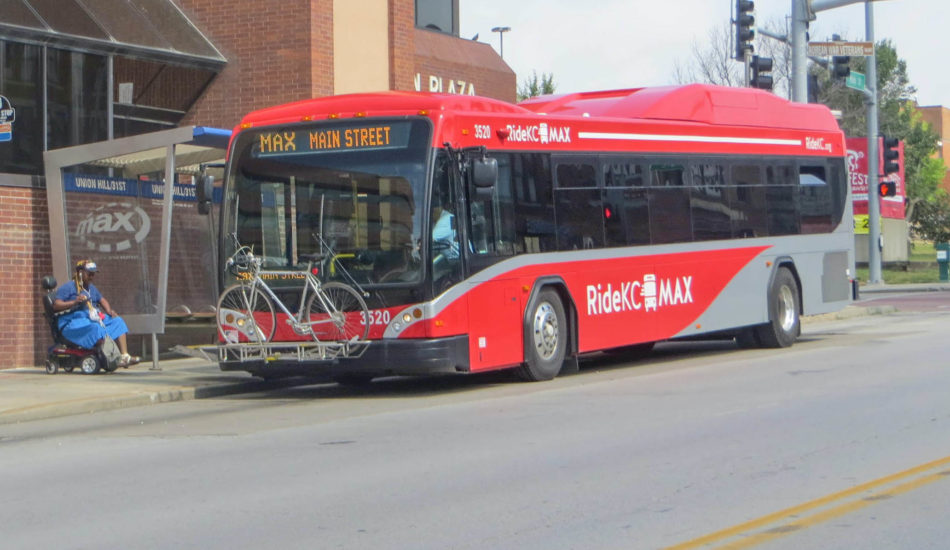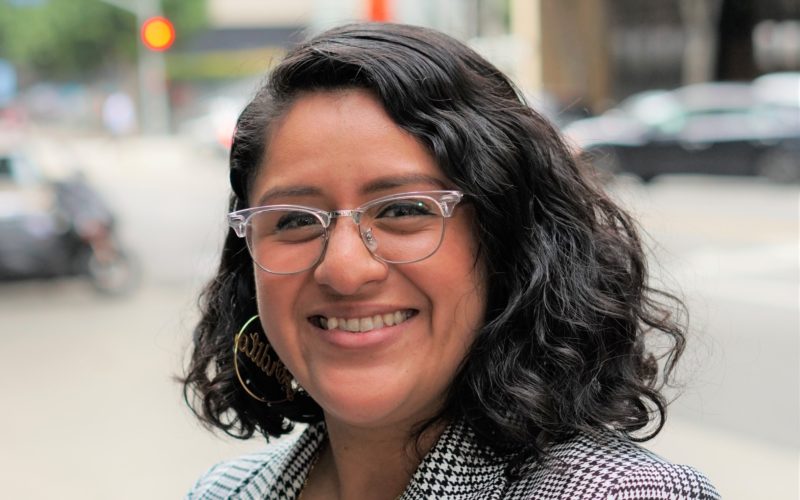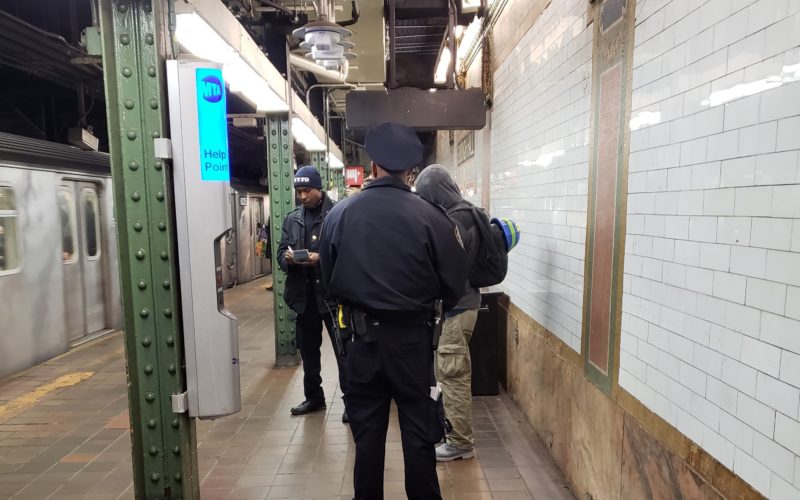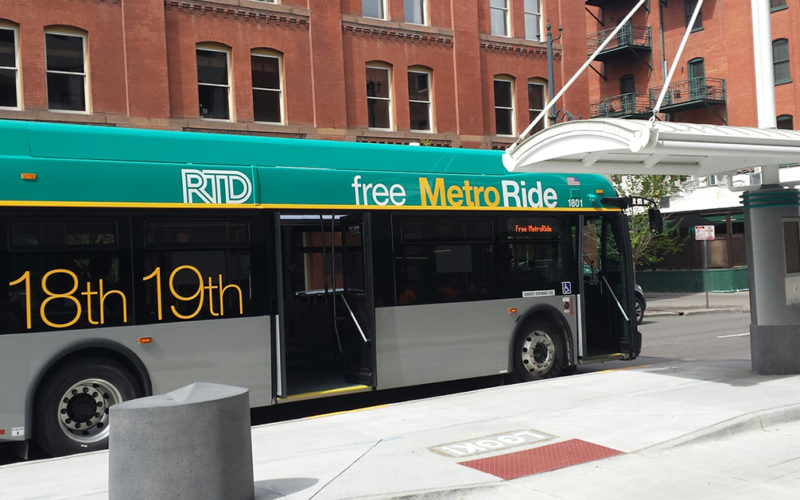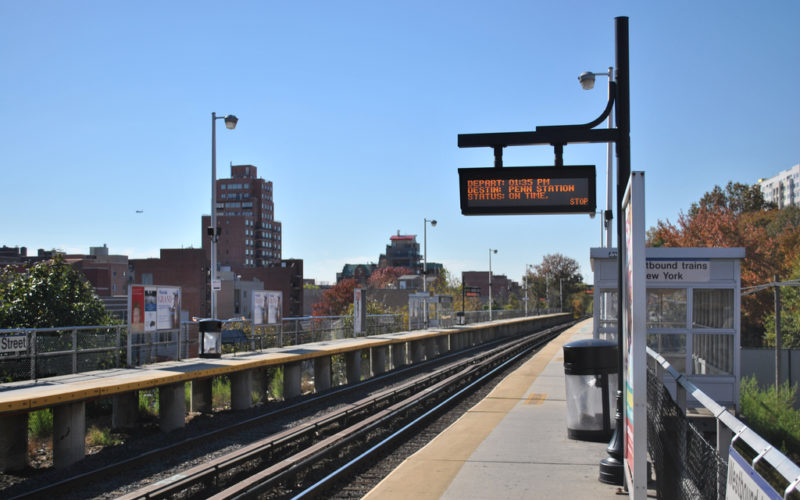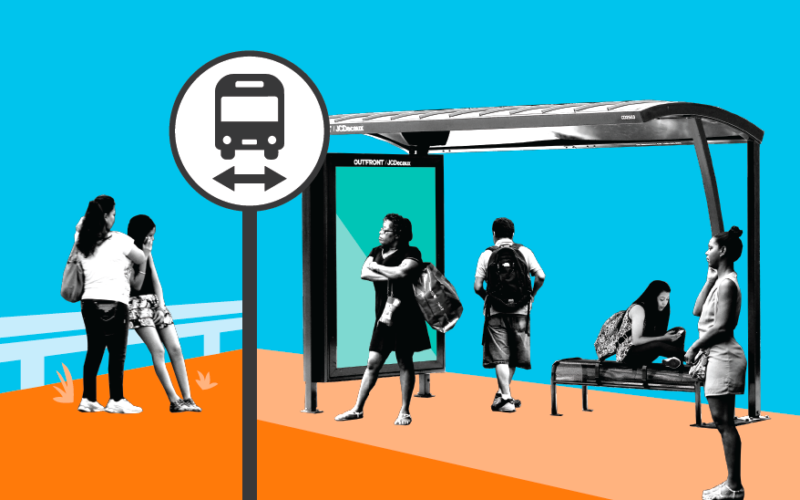Why not go fareless while also working to improve service? The reason is that the household costs imposed by the absence of good transit service stand out as the much more pressing problem to address. Transit in most U.S. cities is so infrequent and unreliable that major service improvements must be priority number one.
Read MoreCarolyn Vera is transportation planner at Fehr & Peers, and a member of our inaugural Women Changing Transportation class.
Read MoreIn the wake of an alleged uptick in the rate of bus and subway fare evasion and concerns over assaults on transit operators, New York Governor Cuomo and New York City Mayor de Blasio recently agreed to assign 500 additional uniformed officers to the New York City Transit system.
Read MoreFare-free transit has lately been floated as a panacea for solving any number of society’s ills. But is it the best end goal for advocates and policymakers?
Read MoreTransitCenter is pleased to announced the release of the Open Transit Data Toolkit, a series of interactive lessons to teach people how to use open transit data.
Read MoreA major capacity increase for New York’s commuter rail system is on the horizon, in the form of the LIRR’s pending connection to Grand Central Terminal. NYC leaders seeking more for the city from the railroad system should wage a fight over how that capacity will be allocated before it’s too late.
Read MoreAs TransitCenter’s latest report, “From Sorry to Superb: Everything You Need to Know About Better Bus Stops” chronicles, nearly half of all public transit rides in the US begin at a bus stop. Yet our bus stops are woefully underfunded.
Read More